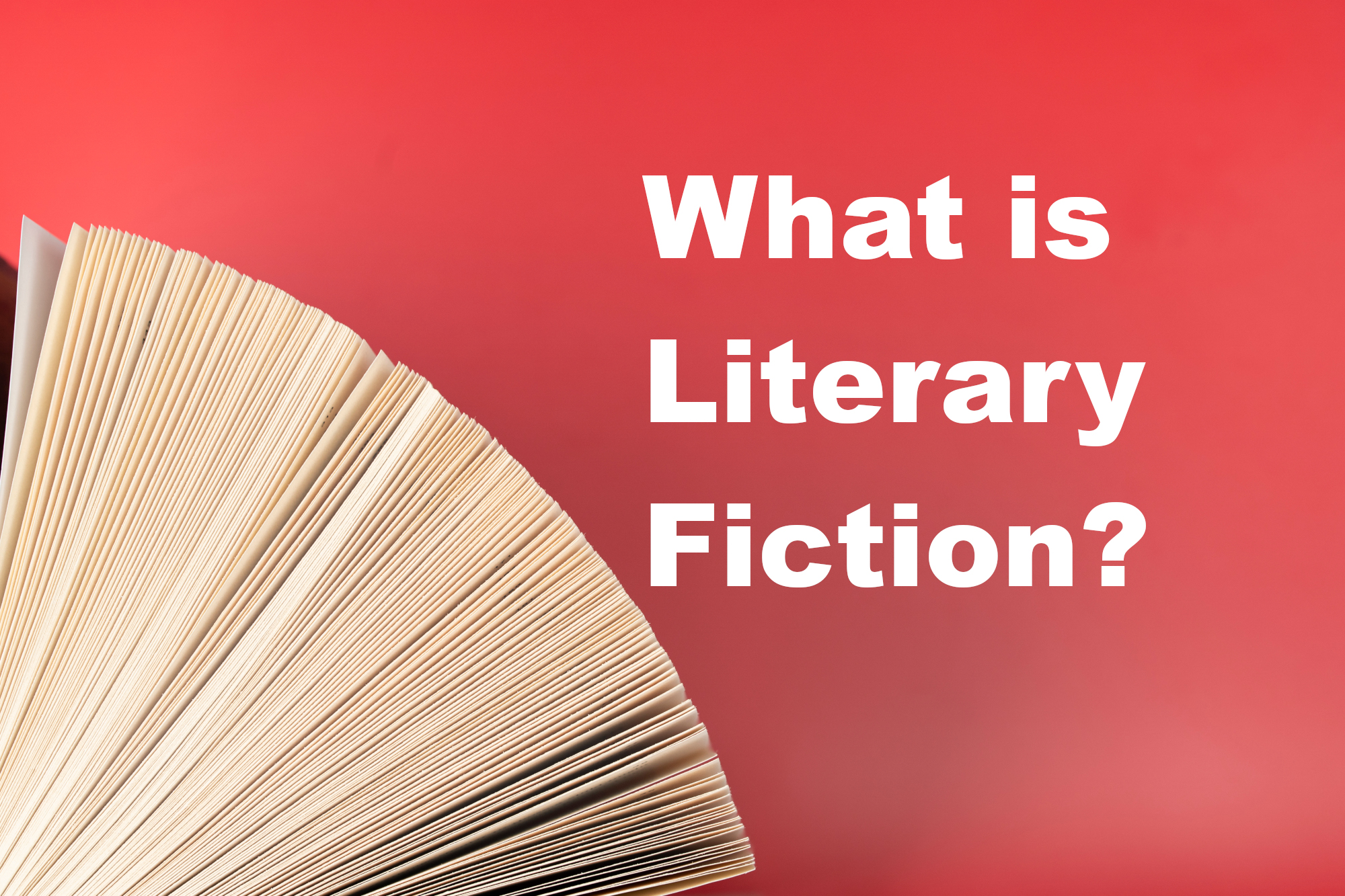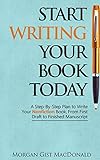Forceful Writing
Force is that quality of style which is required to produce an effect on the mind. Just as clearness is the appeal words make to the understanding, force is the appeal which they make to the feeling.

Force in writing is the quality of style required to produce an effect on the mind of the reader. Just as clearness is the appeal words make to the understanding, force is the appeal which they make to the feeling.
By persistent effort most of us can conquer the subject of clearness; it is significantly more difficult to learn how to write with power.
The greater the writer's ability to impress his ideas on the notice and memory of the reader, the easier will it be to understand them.
The presence or absence of force and harmony marks the distinguishing features of interesting or uninteresting writing. The ability to express thought with power and grace is the attribute of genius; and genius, says Mucha, is the twin brother of industry.
Force may be gained in a variety of ways:
1. By the arrangement of parts of a sentence.
(a) The emphasis given to a word or a clause depends chiefly on its position. The recognized places of importance are the beginning and the end. The end of a sentence is more important than the beginning, hence if unworthy matter occupies the last position, an effect of failure is produced. Note the loss of force in the following:
"And God saw everything that he had made, and behold, it was very good."
And behold everything was very good that God had made.
(b) Any part of a sentence may be emphasized by placing it out of its natural order. An adverb, for example, naturally follows the verb it modifies, but in the sentence --
"Again the pealing organ heaves its thrilling thunder," the transposed position of "again" increases its force two-fold.
"Wise men ne'er sit and wail their loss, But cheerily seek how to redress their harms. What though the mast be now blown overboard, The cable broke, the holding-anchor lost, And half our sailors swallowed in the flood, Yet lives our pilot still."
On the other hand, nothing is more disastrous than anticlimax. In the following familiar quotation observe the loss of force in the new order of phrases: "Washington was first in the hearts of his countrymen and first in peace and first in war."
2. Force may be gained by a choice of words. As a principle of composition it may be said that the more a word or phrase can be made to imply or suggest while at the same time expressing all that the writer wishes to say, the more valuable does that word or phrase become.
(a) Hence specific and concrete terms are more forcible than general and abstract expressions. In the following, note the gain from the use of specific terms: I have no money. "Silver and gold have I none."
(b) As a rule, choose short words for power, long ones for dignity, Saxon words to appeal to the emotions, Latin ones for a full volume of sound, simple words to load thought with life, abstruse terms when your subject demands it. For examples of simple, effective language read Tennyson's, "Tears, Idle Tears," and Kipling's "L'Envoi."
(c) The language of the child, of the savage, of the illiterate is forceful through omission. Skilled writers have availed themselves of the same means. Much of our ordinary speech is strong because of what we leave out: "Children half-price. Out of the way!'
3. Force is gained by variety in sentence structure.
(a) Short sentences alone grow monotonous, long ones get on the nerves. The two must be intermingled. Periodic sentences must grant license to their loose brethren or, if need be, don their voluminous coats.
(b) "Is the declarative utterance of a truth tame? Put it as an inquiry. Ask a question which implies it and the silent, answer may be more impressive than any words of yours."
(c) The exclamatory form, too, is often useful. It is especially helpful in the expression of thought charged with emotion, as : "Alas, poor Yorick!"
4. Of all methods of gaining force, perhaps the most effective is that which not only adds strength to language and clearness to thought, but also imparts beauty to the idea - the use of figures of speech. In most cases, the page that is very clear in meaning or that impresses one with great force is marked by the apt use of figurative language.
Nothing, however, is more unfortunate than a belief that figures are mere ornaments of style to be tacked on one's writing like tassels on a cape, to make it finer than it was before. That figure which adds nothing to the thought is as much out of place as a diamond in a doughnut. Energy is wasted on every unnecessary word. Figures are not real thought but only helpers to the thought. The substance of the article, its leading ideas, must exist and be clearly brought out apart from them.
5. Above all, we must never lose sight of the fact that "the first thing necessary to genuine energy of speech is the possession and mastery of the materials which demand energy of speech." Nothing else can take the place of force of feeling. Energy and enthusiasm coexist in character; they must coexist in style.Read These Next
Demystifying Literary Fiction
Literary fiction is a unique book category that focuses on artistic merit, character development, and social/philosophical issues, in contrast to genre fiction which follows conventional plot structures and genres.
Media Coaching is Critical to Book Marketing and Book Publicity
Landing an interview is great, but authors must keep sight of the goal, which is not to get interviewed but to sell books. The skills needed to generate sales from interviews are best obtained through media coaching or media training.
Getting Started as a Children's Book Illustrator
Becoming a children's book illustrator is no easy task. No matter how talented you are, there are literally thousands of other talented illustrators out there looking for the same break you are. So how do you stand out from the crowd and be noticed?







 Start Writing Your Book Today: A Step-by-Step Plan to Write Your Nonfiction Book, From First Draft to Finished Manuscript
Start Writing Your Book Today: A Step-by-Step Plan to Write Your Nonfiction Book, From First Draft to Finished Manuscript Write with AI: Conquer Writer’s Block, Unleash Your Creativity, and Write Your Book Using Artificial Intelligence
Write with AI: Conquer Writer’s Block, Unleash Your Creativity, and Write Your Book Using Artificial Intelligence The Novel Writing Blueprint: a step-by-step novel planning workbook
The Novel Writing Blueprint: a step-by-step novel planning workbook How To Self-Publish A Children's Book: Everything You Need To Know To Write, Illustrate, Publish, And Market Your Paperback And Ebook
How To Self-Publish A Children's Book: Everything You Need To Know To Write, Illustrate, Publish, And Market Your Paperback And Ebook Save the Cat! Writes a Novel: The Last Book On Novel Writing You'll Ever Need
Save the Cat! Writes a Novel: The Last Book On Novel Writing You'll Ever Need On Writing: A Memoir of the Craft
On Writing: A Memoir of the Craft Write Useful Books: A modern approach to designing and refining recommendable nonfiction
Write Useful Books: A modern approach to designing and refining recommendable nonfiction Shut Up and Write the Book: A Step-by-Step Guide to Crafting Your Novel From Plan to Print
Shut Up and Write the Book: A Step-by-Step Guide to Crafting Your Novel From Plan to Print How to Write a Book: Non-Fiction Book Writing Foundations
How to Write a Book: Non-Fiction Book Writing Foundations Tell Your Life Story: The Write Your Own Autobiography Guided Journal
Tell Your Life Story: The Write Your Own Autobiography Guided Journal